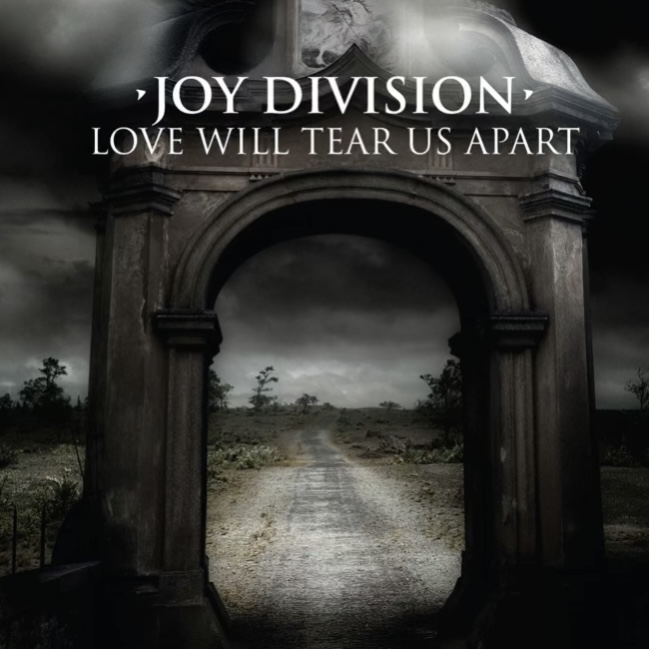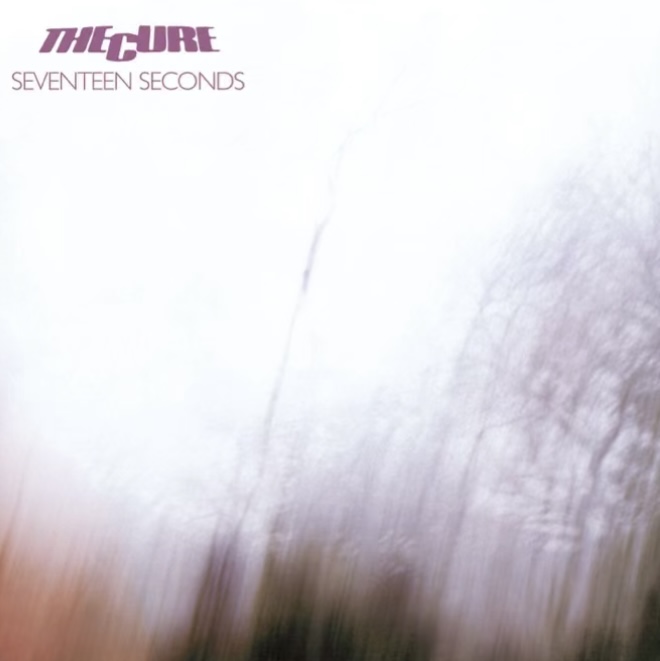🎸Ashlee’s Post-Punk Picks For Three Tune Tuesday May 20th 2025 🎹

Welcome to this week’s Three Tune Tuesday, where we explore England’s post-punk music scene from the late ’70s and early ’80s. This selection features tracks from bands that helped make the sound and spirit of the genre. From brooding Manchester minimalism to twisted English wit and shadowy atmospheres, these songs show how post-punk carved its legacy.
Joy Division – “Love Will Tear Us Apart” (1980) 👇
“Love Will Tear Us Apart” is perhaps the most iconic post-punk track of all time & not just for its sound, but for what it came to represent. Released as a standalone single in June 1980, just weeks before frontman Ian Curtis’s death, the song was not featured on either of Joy Division’s studio albums (Unknown Pleasures or Closer), though it later appeared on compilations like Substance (1988). With Peter Hook’s melodic bassline leading the way, and Curtis’s detached but devastating vocal performance, the track stands as a haunted, elegiac moment in post-punk history — one that lingers long after the final note.

Siouxsie and the Banshees – “Hong Kong Garden” (1978) 👇
“Hong Kong Garden” is a debut single that exploded with personality and style. Released on August 18, 1978, and produced by a young Steve Lillywhite, the track instantly set Siouxsie Sioux apart with its swirling xylophone intro and lyrical bite. Though not originally on a full album, it was later included on some pressings of the band’s debut LP The Scream (1978). The song’s exotic flair and punk edge helped define the band’s aesthetic and hinted at the artful experimentation that would become a signature of their later work.

The Cure – “A Forest” (1980) 👇
“A Forest” comes from their second studio album, Seventeen Seconds, released in April 1980. This track marks a turning point in The Cure’s sound, ushering in their darker, more atmospheric phase. Built on a hypnotic guitar riff and sparse, echo-laced production, “A Forest” became one of the band’s most enduring early singles. It captures that distinctly post-punk mix of tension, space, and gloom, and established Robert Smith as more than just another voice in the crowd — he was building a world.

Bonus Tune - The Fall – “Totally Wired” (1980) 👇
On second thoughts let’s do a live version for the bonus song! I’ll put both!
The Fall - Totally Wired (Live in New York, June 1981) 👇
“Totally Wired” is as jagged and wired as its title suggests. Released as a non-album single in September 1980 — though it would later appear on various compilations — this track is pure Mark E. Smith chaos: rambling, repetitive, and genius in its own deliberately unpolished way. The Fall, hailing from Manchester like Joy Division, never fit comfortably into any scene, but their relentless experimentation and sneering intellect made them essential post-punk outsiders.

From Manchester to London, Crawley to wherever Mark E. Smith decided he was from that week, these four tracks represent just how wide and weird the post-punk spectrum could be. Each one challenged the conventions of punk, added new textures, and left behind echoes that still shape alternative music today. Tune in & turn it up baby!


